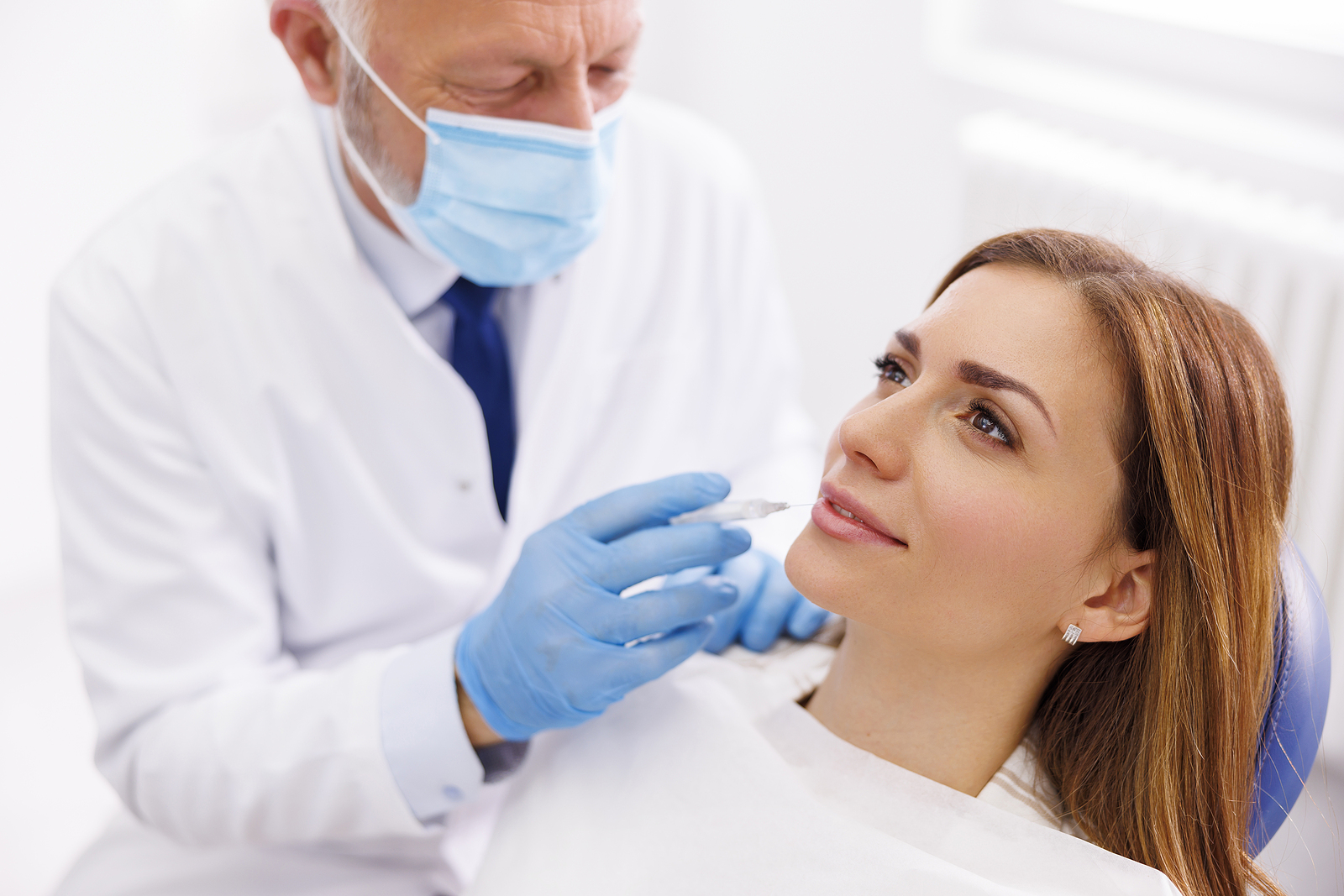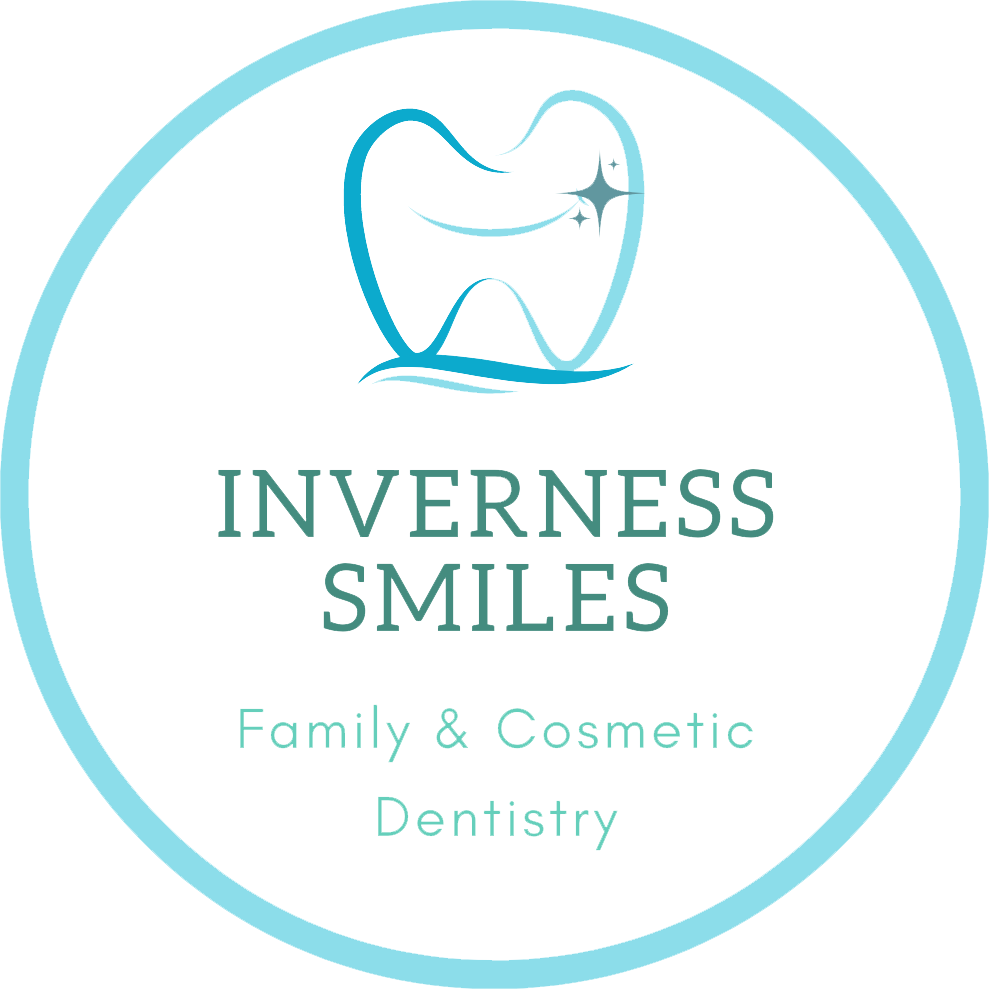![Extractions in Birmingham, AL Extractions in Birmingham, AL]()
Tooth Extractions: Understanding the Procedure and Recovery Process
Feb 27, 2024![This is a thumbnail image of blog Did You Know That Good Oral Health Starts at Home? This is a thumbnail image of blog Did You Know That Good Oral Health Starts at Home?]()
Did You Know That Good Oral Health Starts at Home?
Nov 21, 2023![This is a thumbnail image of blog Why Choose a Private Practice Dental Office over Corporate Dentistry? This is a thumbnail image of blog Why Choose a Private Practice Dental Office over Corporate Dentistry?]()
Why Choose a Private Practice Dental Office over Corporate Dentistry?
May 30, 2024![This is a thumbnail image of blog Are You a Good Candidate for Dental Implants? Here's What to Consider This is a thumbnail image of blog Are You a Good Candidate for Dental Implants? Here's What to Consider]()
Are You a Good Candidate for Dental Implants? Here's What to Consider
Jan 23, 2024![This is a thumbnail image of blog The Importance of Dental Bridges in Restoring Oral Function and Aesthetics This is a thumbnail image of blog The Importance of Dental Bridges in Restoring Oral Function and Aesthetics]()
The Importance of Dental Bridges in Restoring Oral Function and Aesthetics
Mar 27, 2024

A Complete Guide: What to Expect on Your Routine Dental Examination

A Complete Guide: What to Expect on Your Routine Dental Examination
Welcome to our complete guide on what to expect during your routine dental examination! Whether you're a dental aficionado or someone who gets nervous at the mere thought of sitting in that dreaded dentist's chair, this blog post is here to put your mind at ease. We understand that going for a dental check-up can be intimidating, but trust us when we say it's an essential part of maintaining good oral health.
Importance of Regular Dental Examinations
Regular dental examinations are like the superhero cape for your oral health. They serve as a proactive measure to detect any potential issues before they turn into major problems. Think of it as preventive maintenance for your teeth and gums.
During these routine check-ups, dentists have the opportunity to thoroughly inspect your mouth, looking for signs of tooth decay, gum disease, or other oral concerns that may be lurking beneath the surface. It's like having a detective investigate every nook and cranny of your mouth!
But why is this so important? Well, early detection is key. By catching dental issues in their infancy, you can avoid more extensive procedures down the road - not to mention those hefty dentist bills! Regular examinations help keep small problems from turning into big headaches.
And let's not forget about the importance of maintaining a healthy smile. Regular cleanings during these appointments ensure that plaque buildup is removed and pesky tartar doesn't take hold. This helps prevent cavities and keeps your pearly whites shining bright.
So don't skip out on those regular dental exams! They provide invaluable insight into the overall health of your mouth and allow dentists to create personalized treatment plans if needed. Remember: prevention is always better than cure when it comes to keeping that smile in tip-top shape!
What to Expect on Your Routine Dental Examination
When it comes to your routine dental examination, knowing what to expect can help ease any anxiety or uncertainty you may have. Here's a breakdown of what typically happens during a dental check-up.
- You'll be greeted by the friendly dental staff who will guide you through the process. They will ask about your medical history and any concerns you may have regarding your oral health.
- Next, the dentist or hygienist will thoroughly examine your mouth, teeth, and gums. They will look for signs of cavities, gum disease, and other issues that may require attention. This examination is crucial in identifying potential problems early on before they become more serious.
- During the exam, X-rays may also be taken to get a more detailed view of your teeth and jawbone structure. These images help dentists detect hidden decay or underlying issues that cannot be seen with the naked eye.
- Afterward, the dentist or hygienist will perform a professional cleaning to remove plaque buildup and tartar from your teeth. They will use special tools to scrape away these deposits and give you a thorough polishing for that sparkling smile.
- Before wrapping up your appointment, the dentist will discuss their findings with you and address any concerns or questions you may have. They might recommend additional treatments if necessary or provide tips on how to improve your oral hygiene routine at home.
Routine dental examinations are essential for maintaining optimal oral health. By knowing what to expect during these appointments, you can approach them with confidence while prioritizing proper care for your teeth and gums!
X-Rays and Why They're Necessary
When you go for your routine dental examination, one important aspect that you can expect is the use of X-rays. These diagnostic tools play a crucial role in assessing the health of your teeth and gums.
X-rays provide dentists with a detailed view of what's happening inside your mouth, allowing them to identify any potential issues that may not be visible during a visual examination alone. They can help detect cavities, infections, bone loss, impacted teeth, and even tumors.
During an X-ray procedure, you will be asked to wear a lead apron to protect yourself from unnecessary radiation exposure. The dentist or dental technician will position the X-ray machine next to your face and ask you to bite down on a small plastic device called a film holder. The process itself is quick and painless – it typically takes just seconds for the X-ray image to be captured. Once developed, these images are invaluable in helping dentists make accurate diagnoses and develop appropriate treatment plans tailored specifically to your oral health needs. While some individuals may have concerns about radiation exposure from dental X-rays, it's important to note that modern equipment uses very low levels of radiation. Additionally, dentists take precautions such as using lead aprons and only taking necessary images based on their clinical judgment.
In short, having X-rays taken at your routine dental examination is vital for maintaining good oral health. It allows dentists to detect underlying problems early on and prevent more serious issues from developing in the future!
Conclusion
Regular dental examinations are essential for maintaining good oral health. By scheduling routine check-ups with your dentist, you can prevent serious dental problems and address any issues before they worsen. During these examinations, you can expect a thorough evaluation of your teeth, gums, and overall oral health.
One important aspect of a routine dental examination is the use of X-rays. These images provide valuable insight into what's happening beneath the surface and allow dentists to identify potential problems that may not be visible during a visual inspection alone.
Remember that prevention is always better than cure when it comes to your oral health. By attending regular dental exams, you're taking proactive steps toward avoiding more extensive and costly treatments down the line.
So don't wait until there's an issue—schedule your next routine dental examination today! Your smile will thank you.
Visit Our Office
Office Hours
- MON8:00 am - 5:00 pm
- TUE8:00 am - 6:00 pm
- WED - THU8:00 am - 5:00 pm
- FRI - SUNClosed






comments